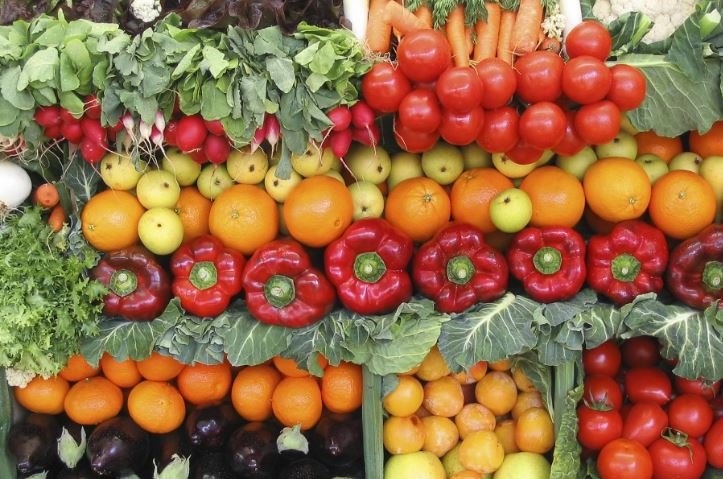Tunisia recorded a significant drop in its food trade surplus during the first half of 2025, amounting to 824.1 million dinars (approximately USD 274.7 million), compared to 1.83 billion dinars during the same period in 2024, according to new data from the National Observatory for Agriculture (ONAGRI).
The decline reflects a sharp contraction in food exports, particularly olive oil, dates, and seafood—three of Tunisia’s key agricultural products. Olive oil exports, traditionally a major foreign currency earner, fell by 31.1%, while date exports dropped by 13.3%, and seafood by 21.6%.
On the import side, the country saw a notable decrease in the value of key food commodities, with cereal imports down 13.5%, sugar imports down 40.3%, and vegetable oil imports declining by 26.7%. The drop in food imports helped cushion the overall decline in the trade surplus.
Food exports accounted for 13% of Tunisia’s total exports in the first six months of the year, marking a year-on-year decrease of 20.7%. Meanwhile, food imports represented 7.9% of all imports, with a more modest decline of 2% in value.
Despite the food sector maintaining a trade surplus, Tunisia’s overall trade deficit widened, increasing by 23.5% in the first half of 2025 compared to the same period last year. The figures highlight growing pressure on Tunisia’s external balance amid global market volatility and declining demand for its agricultural products.
Analysts suggest that shifting international prices, climatic impacts on agricultural output, and changing market dynamics may have contributed to the downturn. The government is expected to address these challenges in its upcoming economic planning and trade policy revisions.
TunisianMonitorOnline (ONAGRI)




